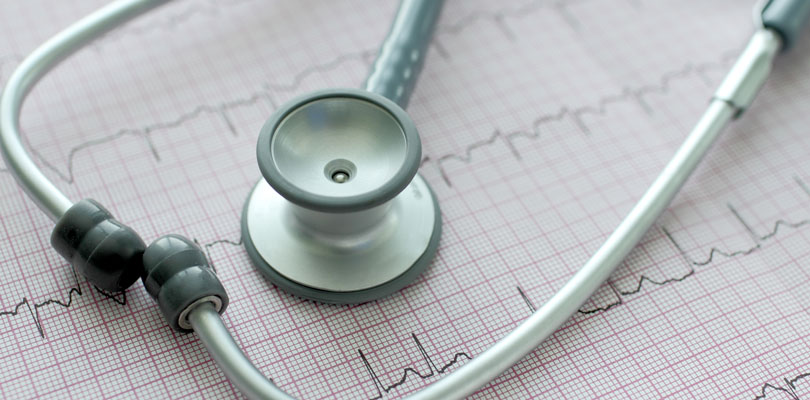
Photo Credit: Juanmonino / iStockPhoto.com
5. Lightheadedness and Fainting
Lightheadedness and subsequent fainting can result as AFib progresses. The aforementioned symptoms are typically in earlier stages of AFib — often even before AFib is diagnosed.
Lightheadedness and AFib are common as the heart becomes weaker and occurs when the blood pressure decreases rapidly due to AFib.
If you notice these symptoms you should speak with your healthcare provider immediately.
How acute the symptoms are at the time dictates where you seek treatment. If the fluttering in your chest is associated with chest pain, lightheadedness and/or a rapid heart rate, seek emergency medical attention immediately. AFib may also be associated with other heart conditions, such as coronary artery disease, so angina or a heart attack may occur at the onset of AFib.
If symptoms are otherwise mild, call your primary care physician — but call urgently. Although treatment may not be emergent, it should still be started imminently.
Because the atria are not pumping effectively, blood pools in the heart, which increase the risk of blood clots, which increase the risk of strokes. Beginning treatment means starting on an anticoagulant to reduce the risk of a stroke and it should not wait.
Resources
American Heart Association (Why Atrial Fibrillation Matters)Harvard Health (Atrial Fibrillation: Common, Serious, Treatable)Almost 30% of Americans have high blood pressure but don’t know it. Some simple lifestyle changes can help you lower your blood pressure naturally.







